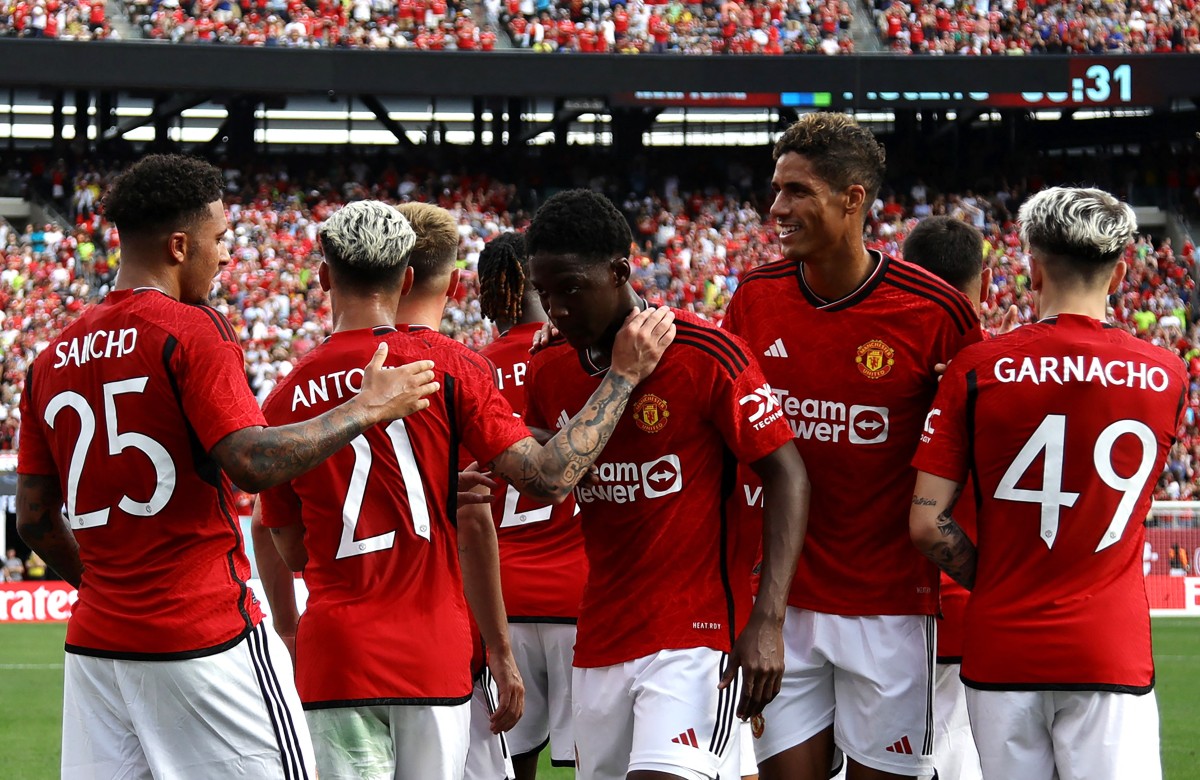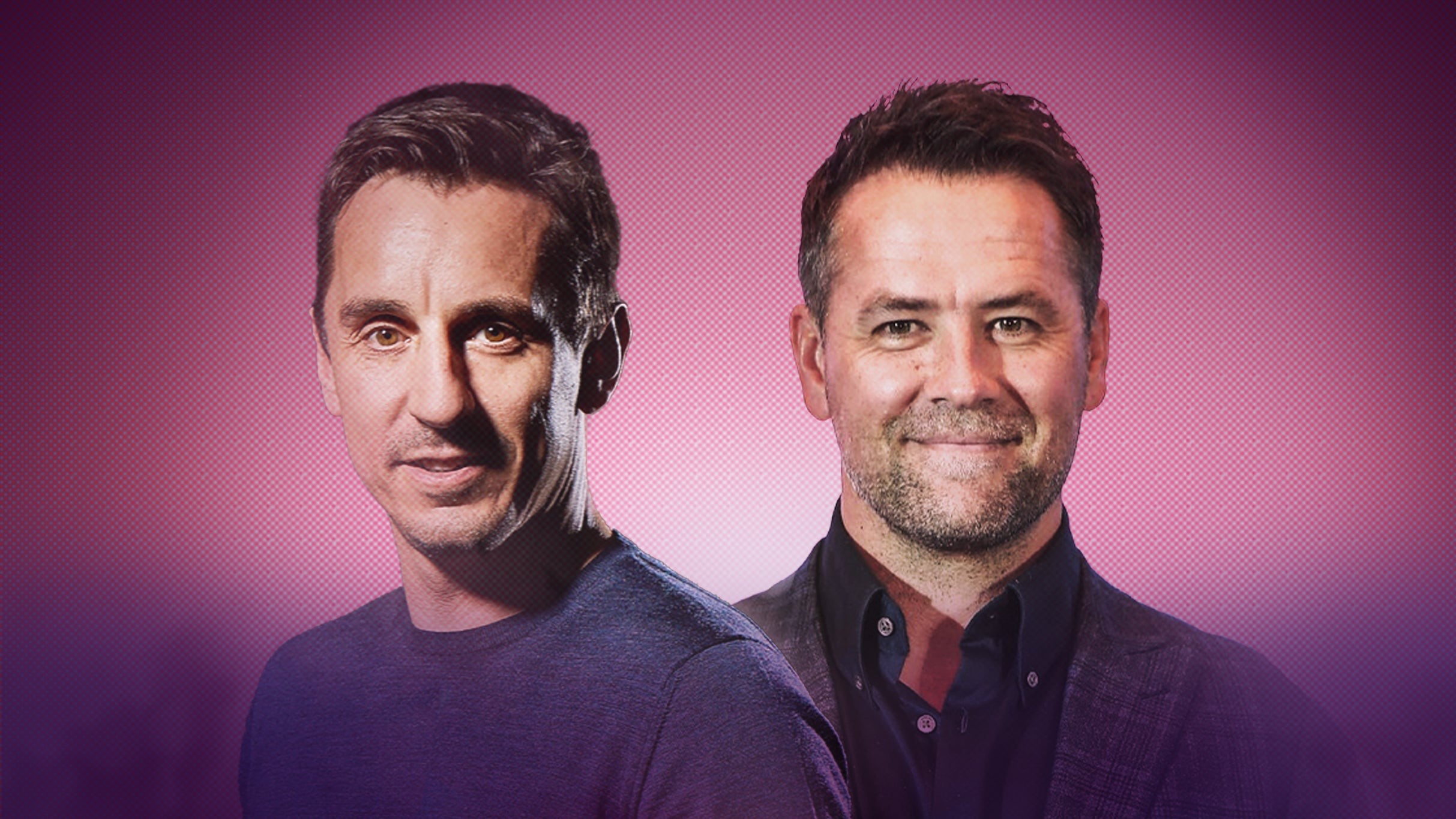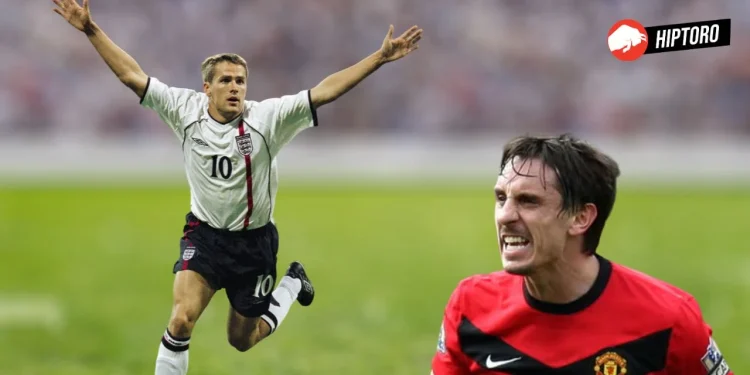Gary Neville’s recent allegations against Italian clubs, claiming rampant doping practices, have reignited the debate on the integrity of international soccer. In a realm where competition is fierce and stakes are sky-high, doping remains a contentious and deeply problematic topic. This bold assertion has prompted reactions from various corners, including from Neville’s former teammate, Michael Owen, who expressed his frustration in a manner most dramatic.

The Spark: Gary Neville’s Bold Allegation
Gary Neville, revered for his analytical prowess and forthright opinions, recently voiced suspicions that have long simmered beneath the surface of European soccer. Neville suggested that some Italian teams might have been involved in doping practices, going as far as to say that the physical capabilities exhibited by certain players were beyond natural human limits. This explosive claim has added a new dimension to the ongoing discourse on doping in soccer, an issue that has plagued the sport for decades.
Michael Owen’s Radio Rage
The ripple effects of Neville’s allegations were felt strongly by Michael Owen, a former teammate and renowned striker, who found himself embroiled in the controversy somewhat inadvertently. Owen’s vehement denial of widespread doping in soccer, triggered by a radio discussion on the topic, highlights the polarized views on the effectiveness of anti-doping measures in the sport. Owen’s anecdote of nearly smashing his radio in frustration underscores the emotional intensity that the doping debate can evoke among former players and fans alike.
France and Juventus midfielder Paul Pogba has been banned from football for four years for a doping offence, sources have confirmed to ESPN. pic.twitter.com/PELXxqgZYZ
— ESPN FC (@ESPNFC) February 29, 2024
Stricter Than Thought: Michael Owen’s Defense of Doping Controls
Owen’s defense of soccer’s anti-doping measures paints a picture of a sport striving to maintain its integrity. Recounting his experiences, Owen emphasized the rigorous testing regimes that players are subjected to, often in the most unexpected circumstances. These measures, according to Owen, stand in stark contrast to the claims that soccer has been lenient in its fight against doping. This perspective serves as a counter-narrative to the skepticism surrounding the effectiveness of anti-doping policies in soccer.
The Juventus Doping Scandal: A Shadow Over Italian Soccer
The discussion of doping in soccer is incomplete without mentioning the dark cloud that has lingered over Italian soccer for years. The recent ban of Paul Pogba, a key figure for Juventus and the French national team, for a doping violation, echoes the scandalous past of doping issues within Italian clubs. These incidents, coupled with Neville’s recent allegations, reinforce the perception that doping remains a sinister undercurrent in the sport, challenging the credibility of soccer’s governing bodies to enforce a clean and fair competition.

A Call for Transparency and Vigilance
The controversy sparked by Gary Neville’s allegations against Italian clubs, and the subsequent reactions from figures like Michael Owen, underscore the complex and divisive nature of the doping debate in soccer. As the sport continues to evolve, the call for more stringent, transparent, and effective anti-doping measures has never been more critical. The integrity of soccer hangs in the balance, with the hope that the beautiful game can emerge cleaner and more honorable in the face of these perennial challenges.










